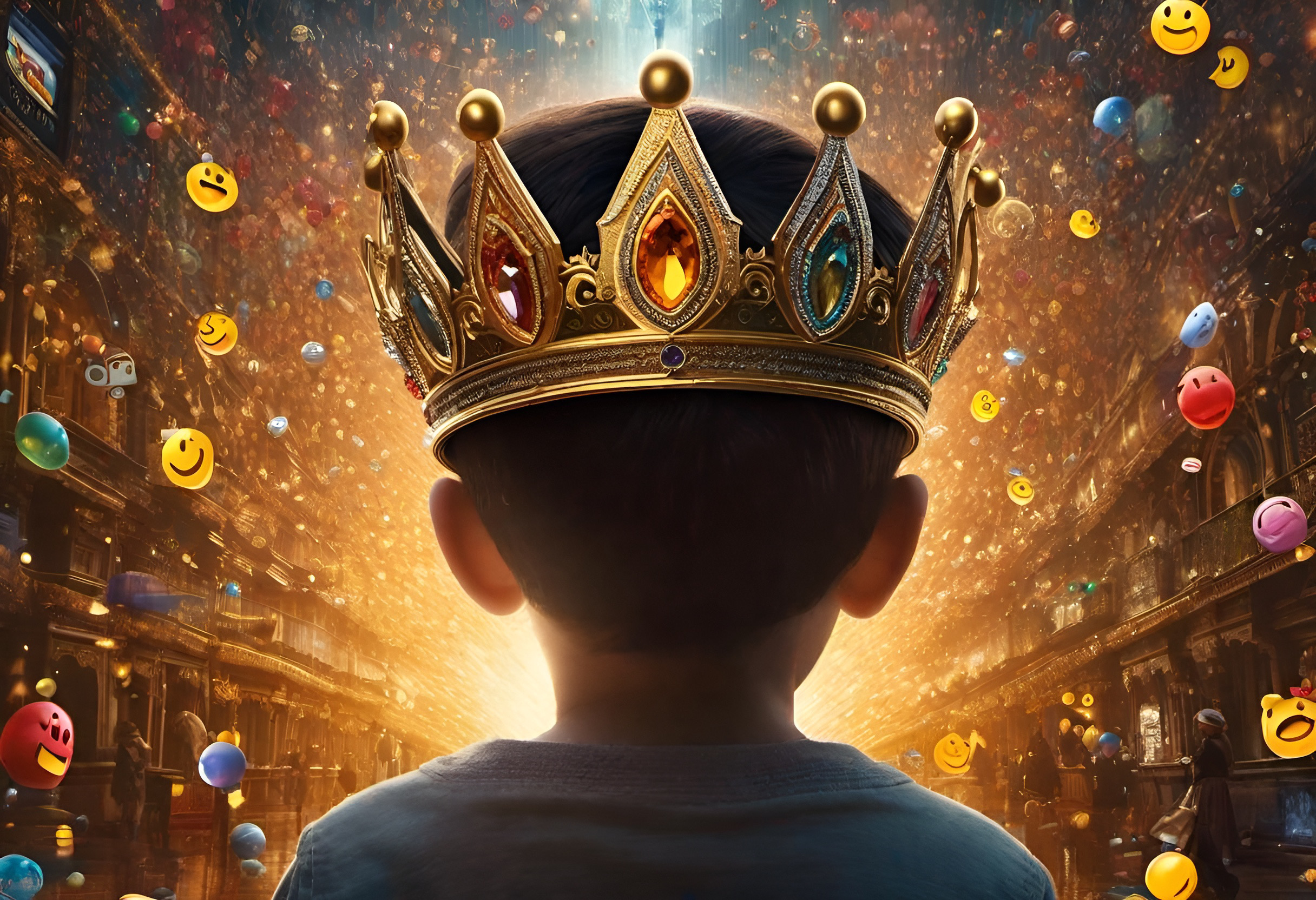«For the first time, we live in a society where the vast majority of children who come into the world are wanted children. This leads to a radical reversal: once, the family ‘had children’, today, it is the child who makes the family. By fulfilling our desire, the child has changed status and has become our master: we can deny him nothing, at the risk of becoming ‘bad parents’…
This phenomenon has been co-opted by commercial liberalism: consumer society indeed provides us with an infinity of gadgets that we only have to buy to satisfy the whims of our offspring. This conjunction between a demographic phenomenon and the emergence of globalized caprice, in an economy that makes the impulse to buy the matrix of human behavior, shakes the traditional configurations of the school system.
Having recently taught in fifth grade (CM2) after a break of several years, I was not so much struck by the decline in level as by the extraordinary difficulty in containing a class that resembles a pressure cooker.
Overall, the students are not violent or aggressive, but they cannot sit still. The teacher must spend his time trying to construct or restore a structuring framework. He is often forced to practice a ‘waiter’s pedagogy’, running from one to another to individually repeat an instruction given collectively, calming some, putting others back to work.
He is vampirized by a constant demand for individualized interlocution. He exhausts himself trying to lower the tension to obtain attention. In the world of zapping and ‘real-time’ communication, with a permanent overbidding of effects soliciting immediate impulsive reactions, it becomes more and more difficult to ‘do school’. Many colleagues daily hit the wall of the impossibility of proceeding to what Gabriel Madinier defined as the very expression of intelligence, ‘the inversion of dispersion’.
As soon as some parents no longer raise their children with concern for the collective, but with a view to their personal fulfillment, should we regret that culture is no longer a shared value.»
Excerpt from the article “The Child King and the Crisis of the School” by sociologist Jean-Pierre Le Goff, published in 2010 in the Esprit Review.








